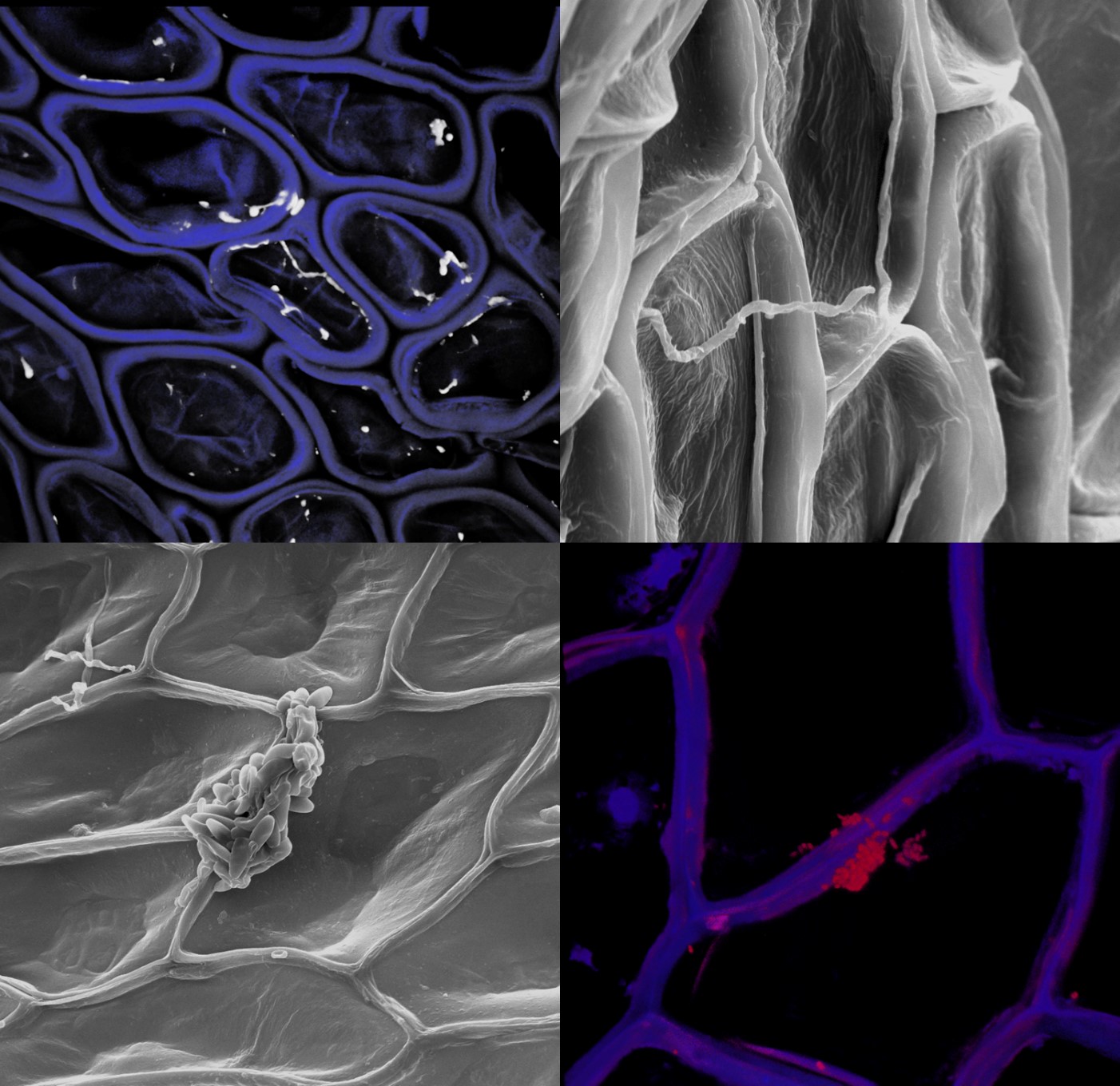12.06.2018: Birgit WASSERMANN (Graz): Specific mibrobial networks of native plant alpine seeds highlight plant-favored prenatal care, HS 31.11, Institut für Biologie, Bereich für Pflanzenwissenschaften, Schubertstraße 51, 17:00 Uhr.
Recently, a specific seed microbiome was identified completing the holobiont. Studies on crops seeds drew a first picture on their structure but the native microbiome and its role is almost completely unknown. Our study of native alpine plant species revealed an immense diversity of bacteria and fungi within seeds or single-seed fruits. Despite the fact that they grow together over centuries under the same environmental conditions, they all show a unique microbial fingerprint. We found also significant differences between seeds of annuals and perennials. Fruit morphology (capsule/achaene) had surprisingly no impact on the microbiome structure. All seeds harbor bacteria, archaea and fungi: while bacteria represented many known beneficial taxa, fungi are composed mainly of potential plant pathogens. This finding was supported by a close, synergistic network of bacteria, which was in contrast to the independent and antagonistic fungal network. The few archaea we found were positively integrated into the bacterial network. Interestingly, many potential plant pathogens (Erwinia, Botrytis, Didymella, Phoma, Septoria, Udeniomyces) were present in seeds but negatively correlated with the main beneficial network. Native micro niches and invasion spots of seed-associated microbiota were visualized by confocal laser scanning and scanning electron microscopy. These novel insights into the native seed microbiota show a different composition, higher diversity and extraordinary specificity than found for crops, independent from the environment. This knowledge should be used for a deeper understanding of seed functions as well as to assess seed treatments, breeding strategies and to design a healthy plant microbiome.
